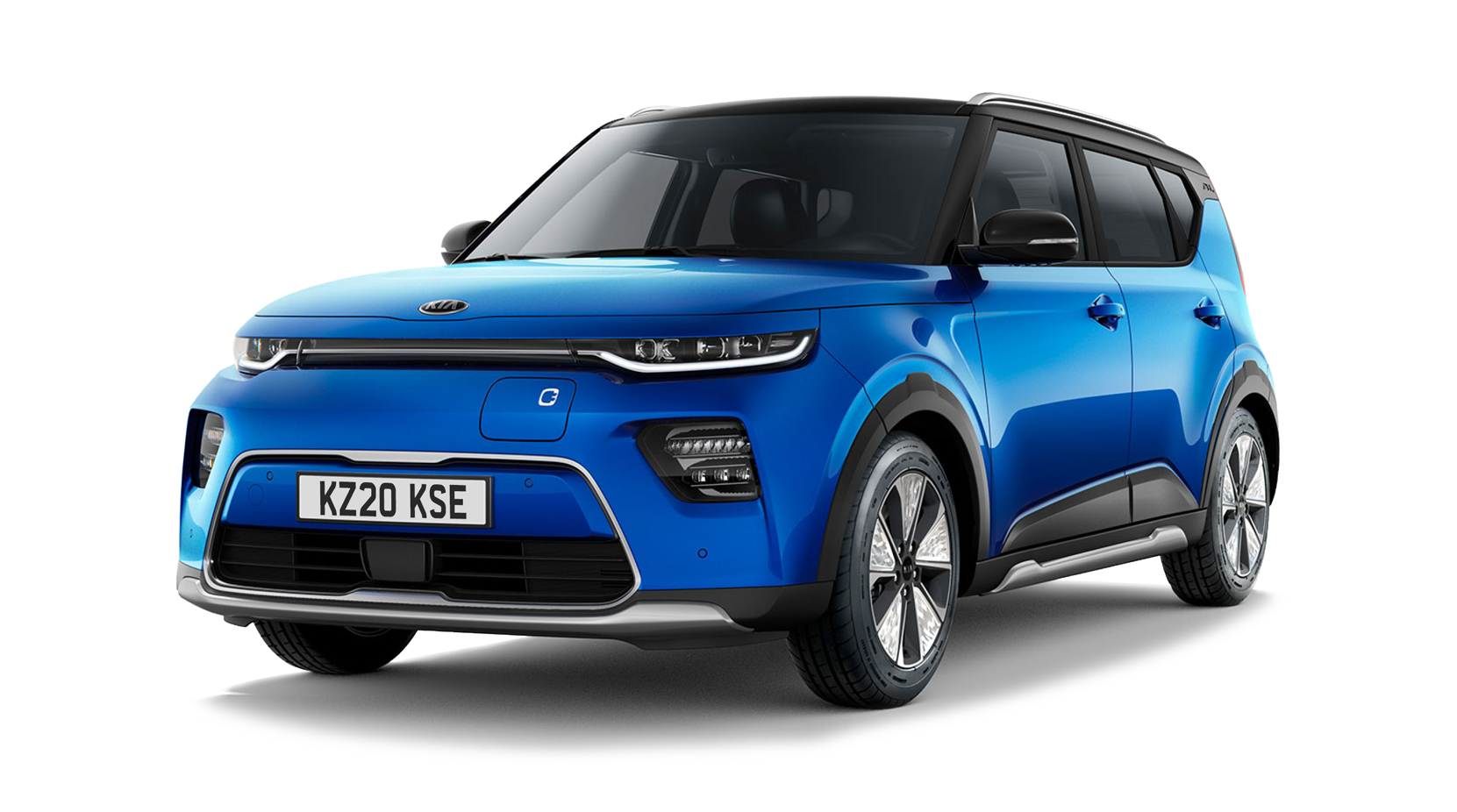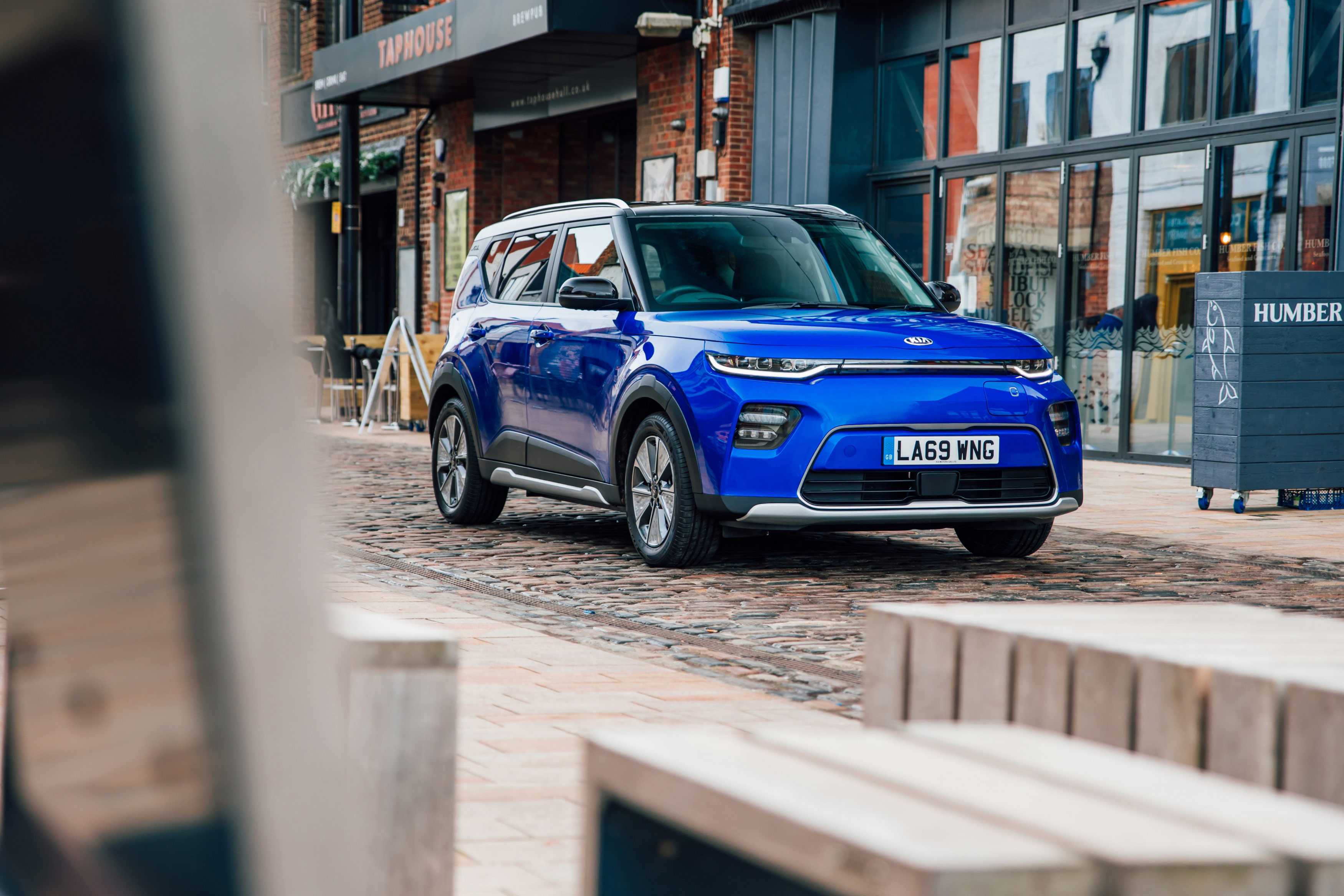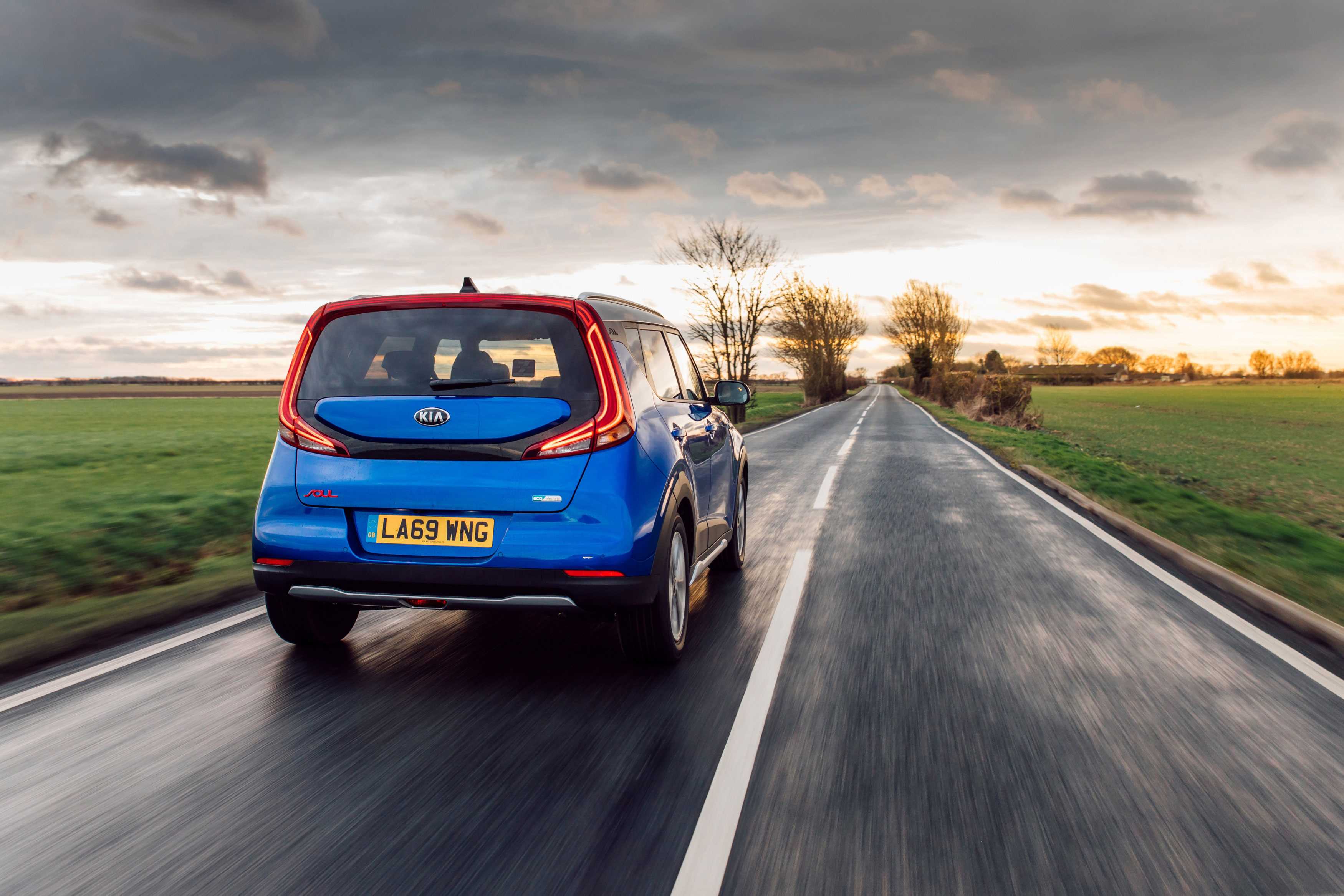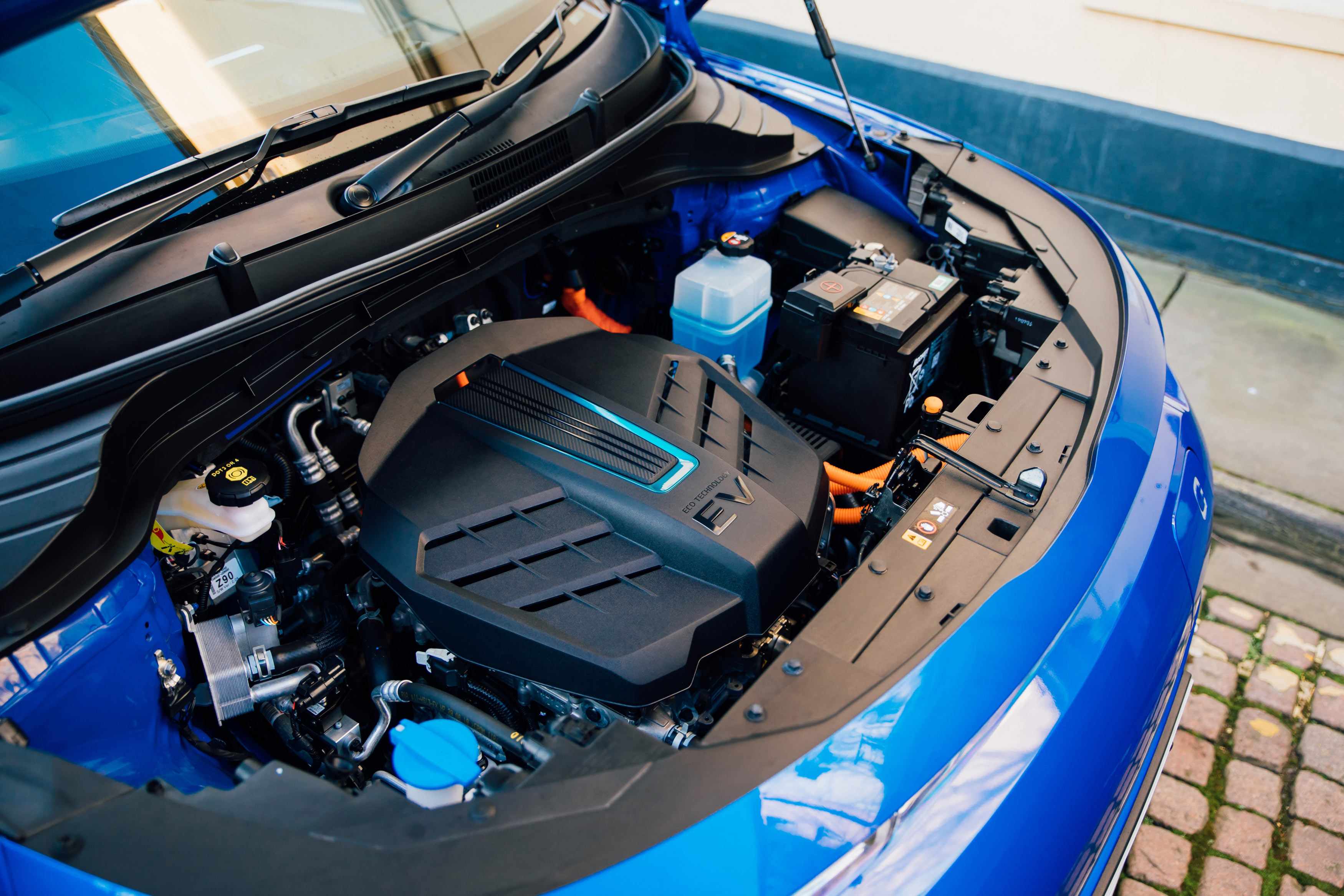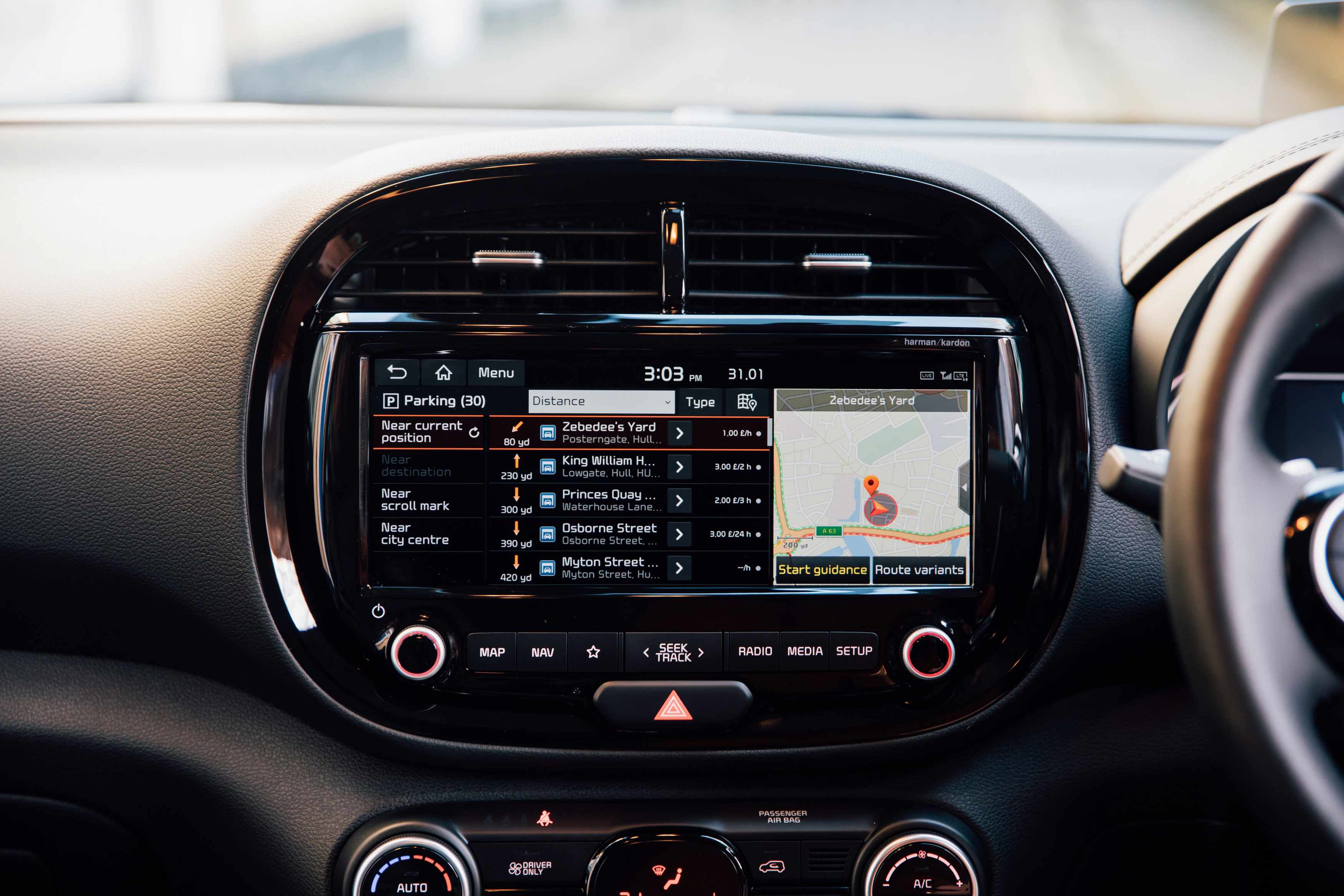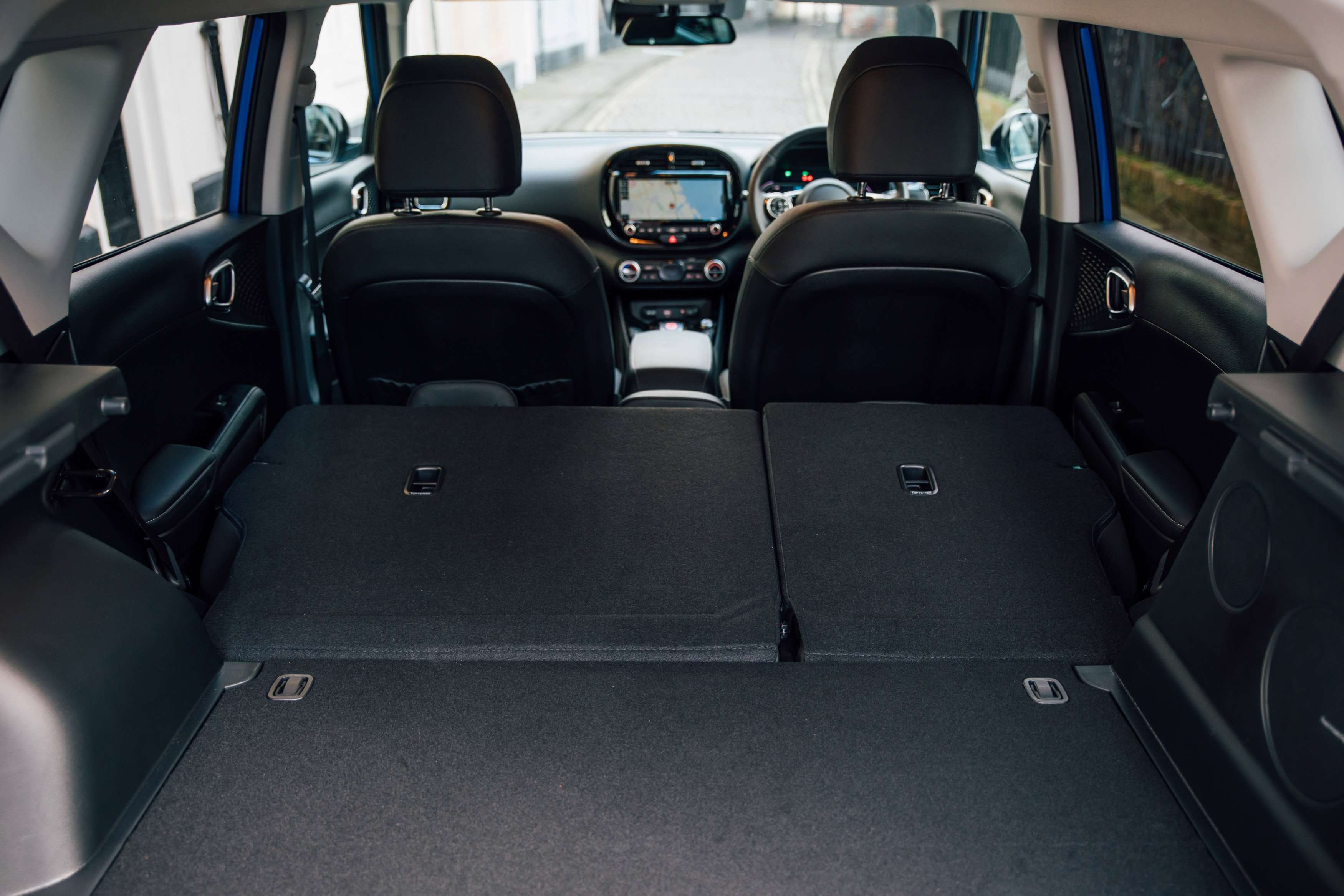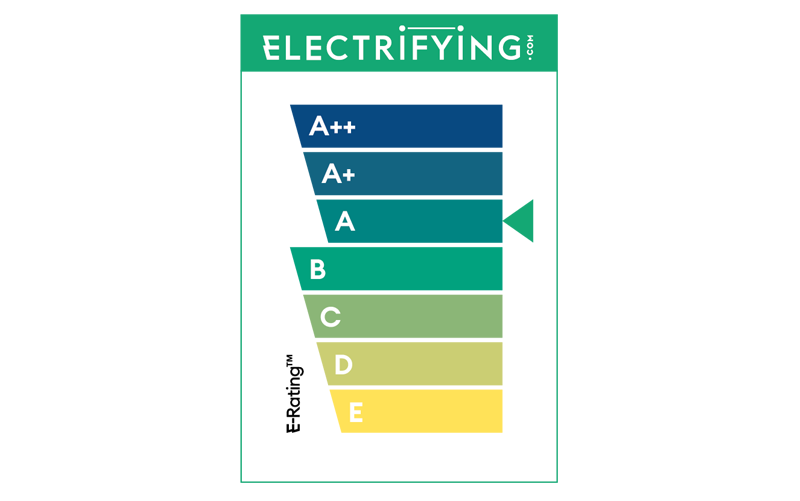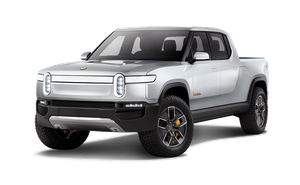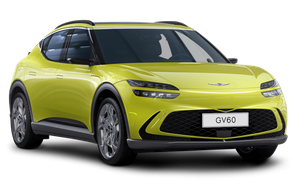Range
In reality, it’s unlikely that many drivers would contemplate driving further than the Soul’s range of 280 miles without stopping to stretch their legs. It’s enough to get you from London to Manchester in one sitting – something which can only be matched by far more expensive cars such as the Tesla Model 3, Jaguar I-Pace or other Kias.
Perhaps more crucially, it’s enough to do an average daily drive of 15 miles for more than two weeks without needing to plug in. That could make it a viable option for owners with no off-street parking.
Battery
The battery fitted to the Soul EV is a proper whopper with a 64kWh capacity. To put that into perspective, it’s almost twice the size of the battery in city cars like the VW e-UP and is comparable to cars which cost twice as much, such as the Jaguar I-Pace, Mercedes EQC and Audi e-tron.
It’s pretty advanced too, using a lithium polymer formulation which has been developed by South Korea’s boffins who make power cells for mobile phones and laptops. To keep it protected from the extremes of temperature which can hurt a battery, it has an automatic heating and cooling system built in.
Charging
In the same way that a big fuel tank takes a long time to fill but means you don’t need to visit a petrol station so often, the Soul’s massive battery does take a while to charge fully. Plug in at home or work to a standard 7.2kW AC connection it’ll take nearly 10 hours to go from empty to 100%. That will still be fine if you arrive home from work at 7pm and don’t leave until the next morning though.
If you’re topping up at a service station or doing a weekly charge on a ‘rapid’, one of the newer 100kW DC units will get you from flat to 80 per cent in 54 minutes. One of the older, more common 50kW DC chargers will take 75 minutes. That might seem an age if you are twiddling your thumbs at a service station but would be fine if you are shopping or in the gym.












